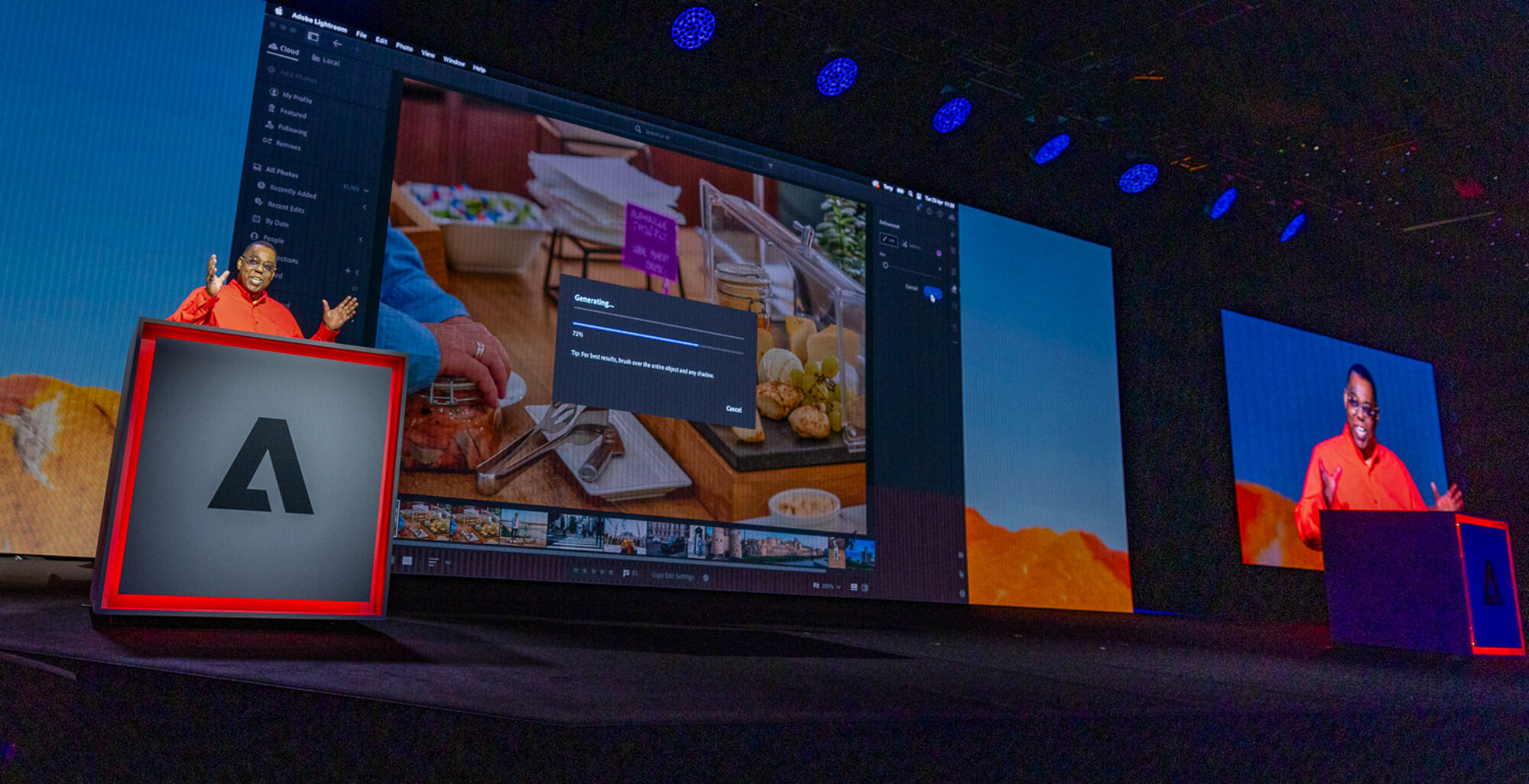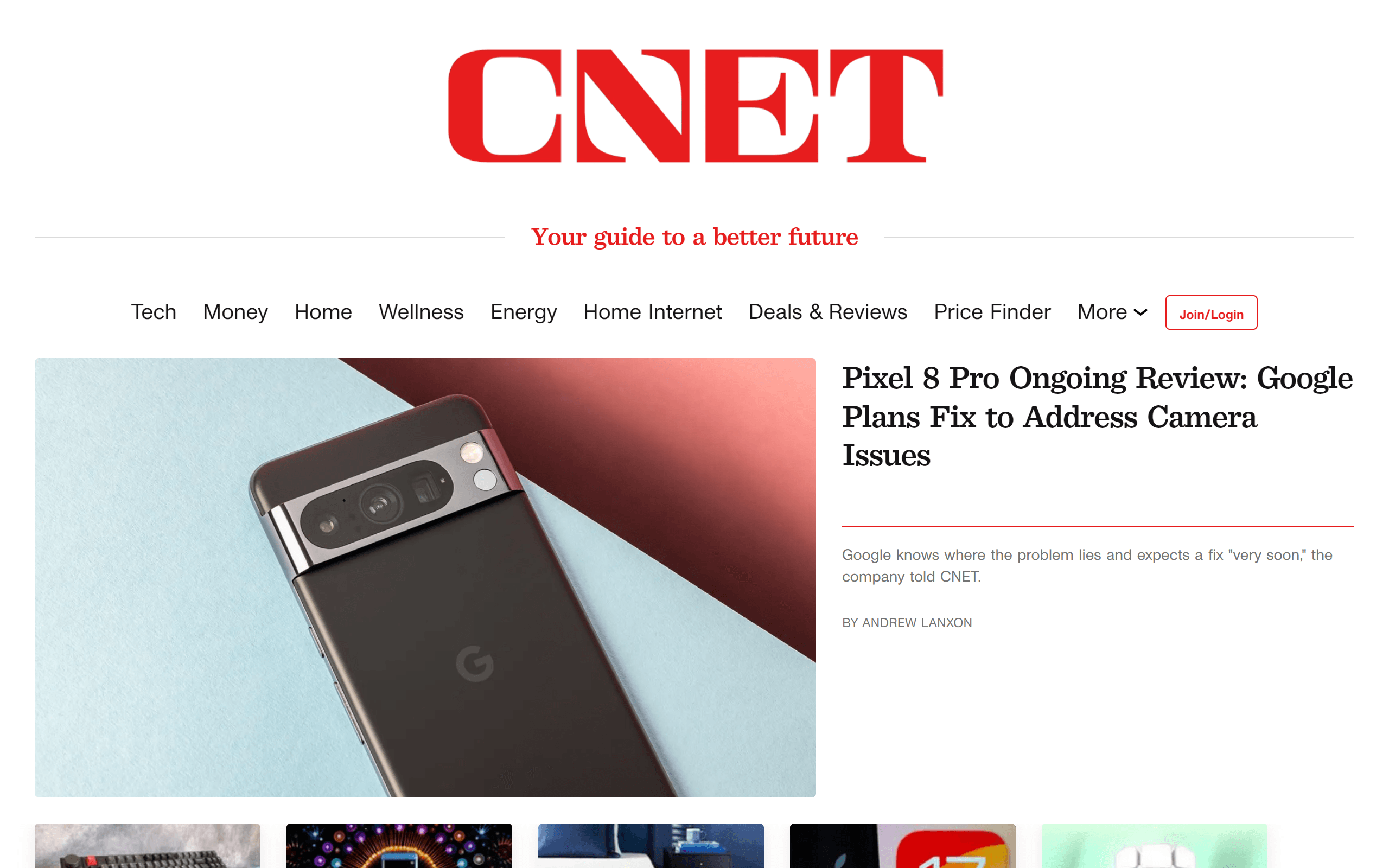Discover Thought-Provoking Articles on the Best tech blog for Tech Lovers
Discover Thought-Provoking Articles on the Best tech blog for Tech Lovers
Blog Article
Just How Blockchain Modern Technology Is Revolutionizing Information Safety
Blockchain technology is fundamentally altering the landscape of information protection by presenting a decentralized framework that assures improved openness and resilience. Unlike typical systems, which depend on central data repositories, blockchain disperses information throughout a network, decreasing vulnerabilities and solitary factors of failure. The usage of sophisticated cryptographic strategies makes certain that information stays tamper-proof, promoting count on amongst stakeholders and individuals. As industries swiftly adjust to this innovation, questions arise concerning its wider impact and potential challenges. What effects does this change hold for future information protection approaches and regulative frameworks? The answers may stun you (Best tech blog).
The Fundamentals of Blockchain
Blockchain modern technology, an innovative concept in electronic information monitoring, essentially changes how info is stored and secured. At its core, a blockchain is a distributed journal that tapes deals across a network of computer systems, guaranteeing transparency and immutability. The technology operates on a chain of blocks, each containing a checklist of transactions. As soon as a block is loaded, it is time-stamped and connected to the previous block, creating a sequential chain.
Secret to comprehending blockchain is the hashing process, which secures purchase information right into a distinct alphanumeric code. This cryptographic function ensures that any alteration in the purchase data causes an entirely various hash, thus guarding versus meddling. The consensus device, an additional vital component, validates and validates brand-new transactions via a network of nodes, consequently getting rid of the need for a central authority.
In addition, blockchain's append-only structure ensures that information, as soon as added, can not be removed or changed. This characteristic warranties a proven and permanent document of transactions, cultivating depend on amongst participants. Because of this, blockchain supplies a robust framework for information stability, offering industries a reliable method for tracking and handling digital info in a safe and secure, clear manner.
Decentralization and Safety And Security
Decentralization, a core concept of blockchain technology, considerably improves data safety and security by dispersing control throughout a network as opposed to depending on a single, central entity. This circulation mitigates the risk of solitary points of failure, which prevail in traditional centralized systems. By distributing data throughout various nodes, blockchain makes certain that also if one node is endangered, the whole network continues to be protected. This redundancy not just strengthens the stability of the information but also increases its durability to cyberattacks and system failings.

In addition, decentralization equips users with better control over their data. Each participant in the network has access to the whole blockchain, enabling them to validate and investigate transactions individually. This openness cultivates count on among customers, as they do not have to count on a main authority to ensure information stability. Overall, decentralization contributes in improving information security in blockchain networks.

Cryptographic Techniques
At the heart of blockchain technology, cryptographic techniques play an essential role in protecting data, guaranteeing both discretion and honesty. Cryptography in blockchain uses a combination of asymmetric and symmetrical algorithms to encrypt information, making it accessible just to authorized parties.
Hash features are an additional crucial element, transforming input information into a fixed-size string of characters, successfully developing a distinct digital fingerprint for each and every block. This makes sure that any effort to alter the information will lead to a completely various hash, hence keeping the immutability of the blockchain. Electronic signatures confirm the credibility and stability of purchases, giving a layer of non-repudiation.
The decentralized nature of blockchain, incorporated with robust cryptographic techniques, eliminates the need for middlemans, decreasing prospective vulnerabilities. As blockchain innovation develops, improvements in cryptography such as zero-knowledge evidence and homomorphic file encryption remain to improve protection procedures, better strengthening information defense in this innovative electronic journal system.
Usage Situations Across Industries

In the health care sector, blockchain makes certain the secure storage space and sharing of person documents, advertising interoperability while guarding sensitive data from unauthorized access. This modern technology encourages people with control over their case history and assists in smooth control amongst doctor.
Supply chain monitoring advantages significantly from blockchain's unalterable journal, which ensures traceability and credibility of items from origin to consumer. By boosting transparency, blockchain helps minimize concerns such as counterfeiting and unethical sourcing.
Furthermore, blockchain's decentralized nature is reshaping the energy field by making it possible for peer-to-peer power trading, where customers can deal excess renewable resource straight. This promotes a more lasting and effective energy environment.
In the world of copyright, blockchain offers a tamper-proof system for developers to sign up and safeguard their jobs, making certain rightful attribution and reasonable payment. These diverse usage cases highlight blockchain's duty as a pivotal force in redefining information safety throughout industries.
Future of Data Security
As we want to the future of data defense, blockchain modern technology is poised to play a crucial function in safeguarding digital information. With its decentralized and unalterable attributes, blockchain supplies a robust structure for protecting sensitive information against unauthorized accessibility and cyber hazards. This innovation makes sure that when information is taped, it is nearly difficult to modify without discovery, thus providing a substantial advantage over traditional data storage approaches.
The combination of blockchain with More Help other sophisticated technologies, such as expert system and the Net of Points (IoT), is expected to boost information defense methods further. By leveraging wise agreements, companies can enforce and automate protection methods, lowering human mistake and increasing efficiency. In addition, blockchain's ability to offer transparent and deducible transactions will certainly bolster depend on and liability in information monitoring methods.
As regulative landscapes progress, blockchain's compliance-friendly nature will my site certainly end up being increasingly pertinent. It can aid companies meet rigorous data defense guidelines, such as the General Data Protection Law (GDPR) and the California Customer Privacy Act (CCPA), by offering proven records of information processing activities. Inevitably, blockchain's distinct characteristics placement it as a transformative device in the continuous mission to protect the electronic globe against ever-evolving cyber threats.
Final Thought
Blockchain modern technology stands for a standard change in data safety and security by leveraging decentralization and cryptographic methods to enhance openness, depend on, and data stability. As cyber risks progress, blockchain arises as a vital tool for durable data protection across numerous markets.
Blockchain innovation is essentially altering the landscape of information safety and security by introducing a hop over to here decentralized structure that guarantees improved openness and durability. Unlike conventional systems, which depend on central information repositories, blockchain distributes information across a network, minimizing vulnerabilities and solitary points of failing.Decentralization, a core principle of blockchain modern technology, dramatically improves data protection by distributing control throughout a network rather than counting on a single, central entity.At the heart of blockchain technology, cryptographic strategies play a critical function in safeguarding information, making certain both confidentiality and stability.Blockchain technology stands for a standard change in data protection by leveraging decentralization and cryptographic methods to improve openness, count on, and information stability.
Report this page